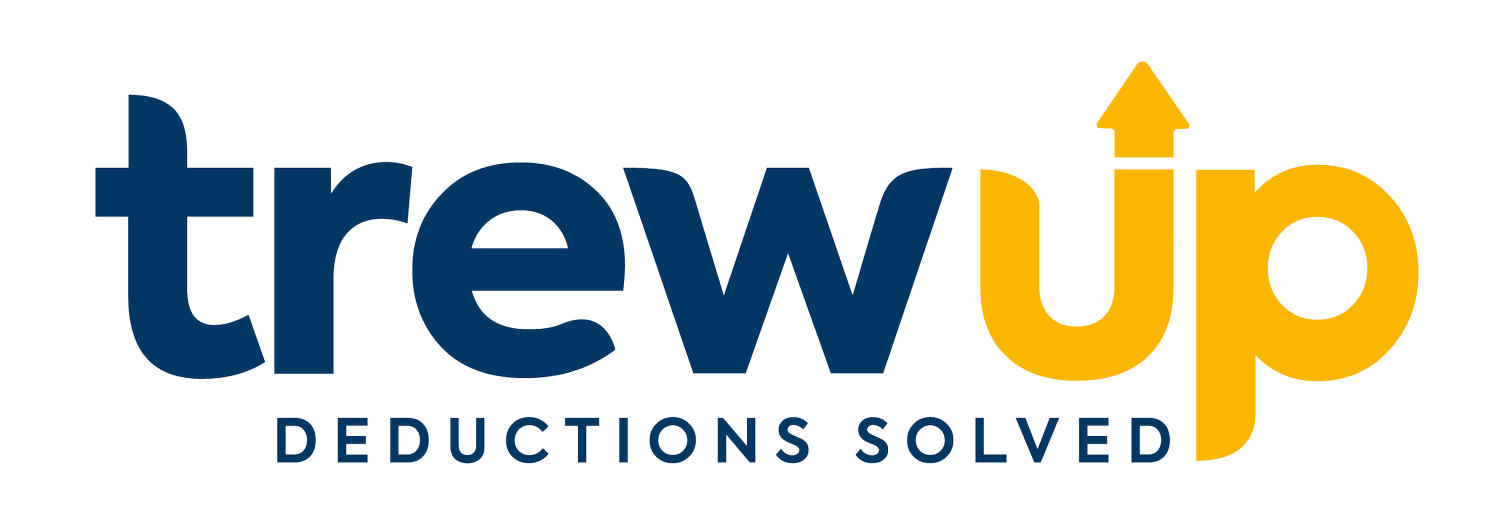Demystifying consumer packaged goods deductions: understanding, managing, and optimizing
Consumer Packaged Goods (CPG) deductions are a common challenge faced by manufacturers and suppliers in the industry. These deductions, also known as chargebacks or allowances, are often applied by retailers and distributors for various reasons such as pricing discrepancies, promotional costs, or compliance issues. Understanding and effectively managing CPG deductions is crucial for maintaining profitability and fostering strong relationships with retail partners.
The Landscape of CPG Deductions:
CPG deductions encompass a wide range of charges that can significantly impact the bottom line of manufacturers and suppliers. These deductions may include:
1. Promotional Allowances: Retailers often negotiate promotional deals with manufacturers, such as discounts, rebates, or temporary price reductions. However, tracking and reconciling these promotions can be complex, leading to potential deductions if not properly managed.
2. Shortages and Damages: Retailers may deduct funds for damaged or missing goods upon receipt, especially in the case of perishable items or products with limited shelf life. Resolving discrepancies in inventory counts and ensuring accurate delivery documentation are essential to mitigate these deductions.
3. Administrative Fees: Some retailers impose administrative fees for various services, such as handling, warehousing, or order processing. These fees can vary widely and may catch manufacturers off guard if not accounted for in pricing negotiations.
4. Compliance Penalties: Retailers enforce strict compliance standards regarding packaging, labeling, shipping, and other requirements. Non-compliance can result in hefty deductions, highlighting the importance of adherence to retailer guidelines and regulations.
Challenges in Deduction Management:
Managing CPG deductions presents several challenges for manufacturers and suppliers:
1. Complexity: The sheer volume and complexity of deductions across multiple retail partners can overwhelm manual tracking and reconciliation processes, leading to errors and discrepancies.
2. Visibility: Limited visibility into deduction data and communication channels between manufacturers and retailers can hinder timely resolution and dispute management.
3. Resource Drain: Deduction management often requires significant time, resources, and expertise, diverting attention from core business operations and strategic initiatives.
For natural, organic, and specialty brands, managing deductions can be a complex and time-consuming process. From retailer chargebacks to promotional allowances, navigating these deductions can often lead to confusion, errors, and financial strain. Enter TrewUp – your dedicated partner in deduction management. Our platform is designed to streamline and manage deductions, ensuring that your brand can focus on what you do best – creating exceptional products that enrich lives. With TrewUp, brands can automate deduction processing, track deductions in real-time, and gain valuable insights into your financial performance. By streamlining the deduction management process, we empower brands to do more in less time.
Strategies for Effective Deduction Management:
To navigate the complexities of CPG deductions and minimize their impact, manufacturers and suppliers can implement the following strategies:
1. Automation: Investing in a deduction management software like TrewUp can automate data collection and categorization, reconciliation, and dispute tracking, enhancing efficiency and accuracy.
2. Data Analytics: With the help of TrewUp’s high powered platform, brands can leverage data analytics tools to identify patterns, trends, and root causes of deductions, enabling proactive measures to address underlying issues and prevent future occurrences.
3. Collaboration: Insight gained through TrewUp’s data analytics can foster better communication and collaboration with retail partners to clarify deduction policies, resolve disputes amicably, and negotiate mutually beneficial terms.
4. Documentation: What was once hundreds of pages of data, can now be a few succinct lines with the help of TrewUp. Maintain meticulous records of transactions, agreements, and communications with retailers to support dispute resolution efforts and validate claims.
Consumer Packaged Goods deductions pose significant challenges for manufacturers and suppliers in the industry. However, with a deep understanding of deduction categories, proactive deduction management strategies, and effective collaboration with retail partners, businesses can mitigate risks, optimize profitability, and cultivate stronger relationships within the CPG ecosystem. By demystifying CPG deductions and adopting best practices in deduction management, manufacturers and suppliers can navigate this complex landscape with confidence and resilience.
The Bottom Line:
If you want to save time, reduce costs, and make data-driven decisions without having to hire additional staff or outsource to an agency, then TrewUp is the ultimate solution for your deduction management needs. Book a free demo today and let us show you how to stop leaking money and losing time, and start reclaiming time, resources, and profitability.
